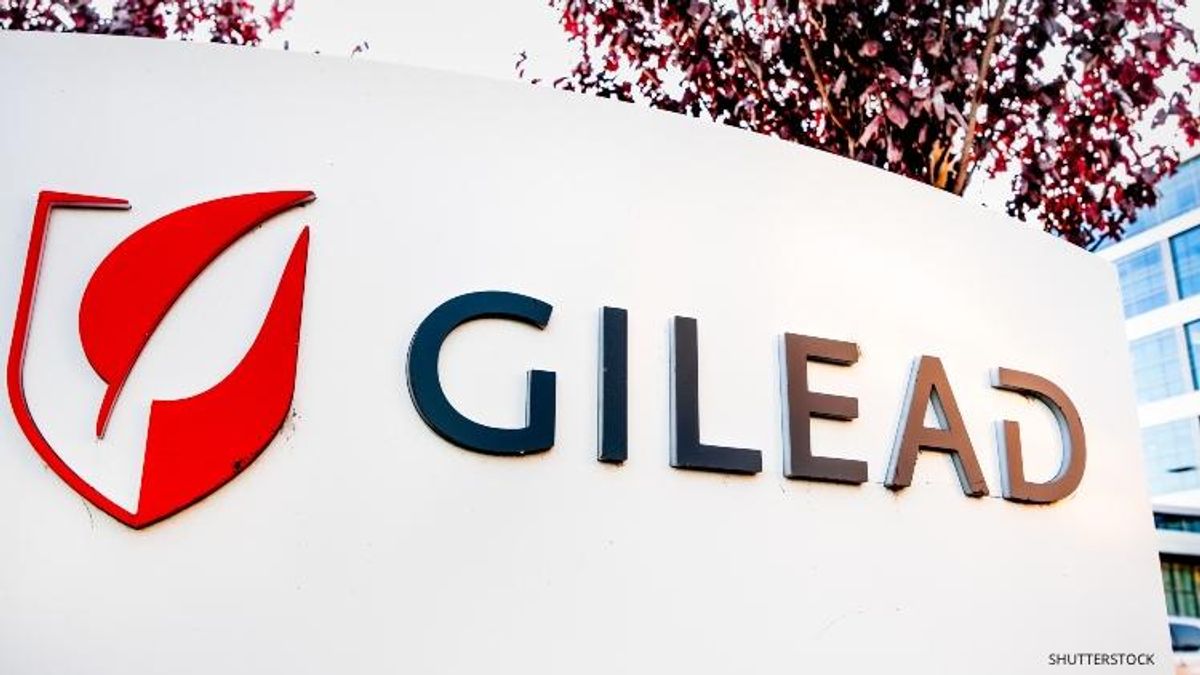News
Gilead Announces $20M Fund to Help Nonprofits Survive the Pandemic

The relief fund, Gilead CARES, will share the donations across various organizations.
April 10 2020 7:47 AM EST
By continuing to use our site, you agree to our Privacy Policy and Terms of Use.

The relief fund, Gilead CARES, will share the donations across various organizations.
Gilead has announced a new global fund that will provide financial support to current grantees in danger of closing due to losses attributed to the COVID-19 pandemic.
Gilead CARES, which stands COVID-19 Acute Relief and Emergency Support, will donate up to $20 million in donations to these nonprofit groups. Additionally, Gilead is donating $2 million to community funds.
The San Mateo County Strong Fund, which provides financial support to people, small businesses, and nonprofit organizations will receive $1 million. The other $1 million will be given to the Mayor’s Fund for Los Angeles, which provides support for families and small businesses, relief for healthcare workers, and other services in response to the pandemic.
According to a press release, Gilead is also matching employee donations to three global relief organizations through its Giving Together corporate match program. Proceeds will be split equally between Direct Relief, the UN Foundation’s COVID-19 Solidarity Response Fund, and International Medical Corps.
Last year, Gilead provided nearly $400 million in cash donations to not-for-profit organizations around the world.
“Around the world, we are hearing from nonprofit organizations that they are struggling to meet the needs of the communities they serve during the COVID-19 crisis,” said Brett Pletcher, general counsel and executive vice president, corporate affairs. “For many years, we have stood with community-based organizations that provide critical support to people living with HIV, viral hepatitis, cancer and other illnesses. It is in recognition of the importance of their work that we are launching this fund to help these groups remain financially sustainable for the long term.”